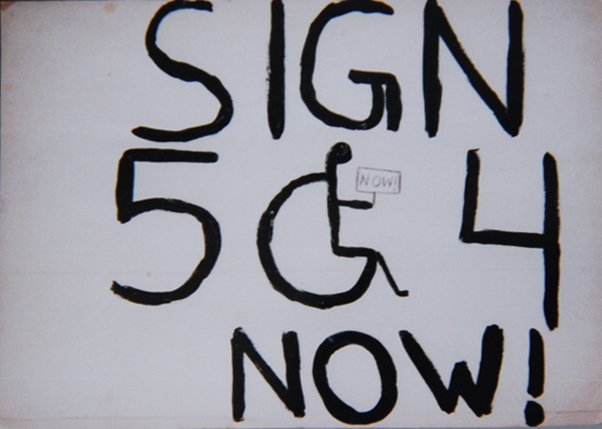Inclusive Learning Has Become More Prevalent in the Modern Classroom, Which Gives Me Tremendous Hope for the Future, by Jason Hahr

Imagine you had just graduated from high school and you are considering what to do next. You have a passion for learning and helping others, so you decide to pursue teaching as a career. For those who do pursue this noble profession, the world says thank you. I went to school to become a teacher, but due to circumstances and individual biases, I did not end up becoming one in the traditional sense. I have indeed found my way to teach through this blog and my advocacy efforts; however, this particular piece is a nod to teachers in the traditional sense. It will discuss teaching as a profession and a teaching style that I wish had been more prevalent when I was in school pursuing my post-secondary education. What is that style, you may ask? It is known as inclusive learning. To begin, let’s discuss what it takes to become a teacher in America versus other places around the world. To become a teacher in America, one has to obtain at least a bachelor’s degree in either education or a par...


